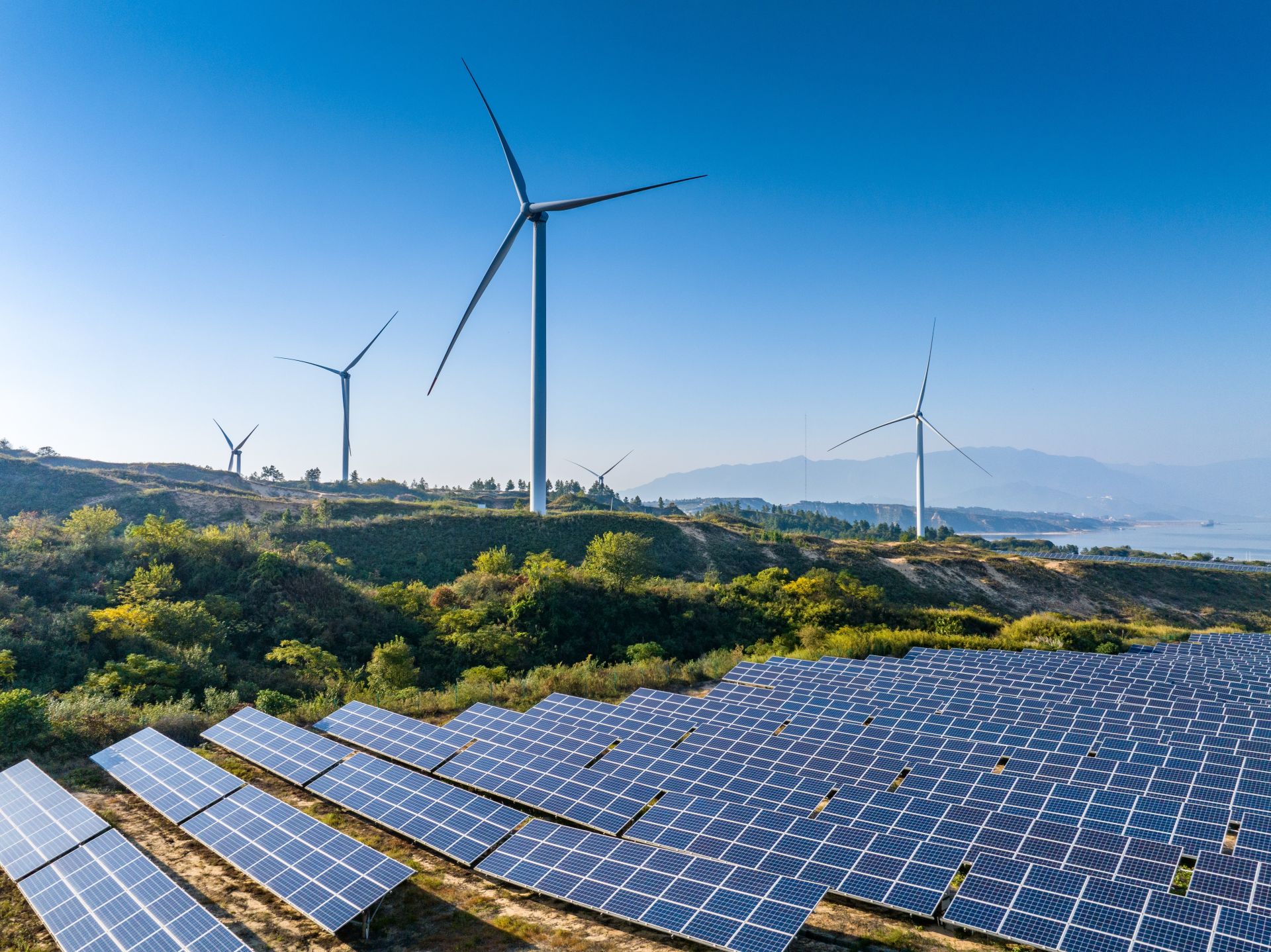Who Wins and Who Loses? Here's the Dark Side of Shutting Down Renewable Energy

- In Poland, in 2024, at the request of the transmission system operator, Polish Power Grids (PSE), the production of electricity from renewable energy sources was limited to just over 700 GWh.
- Grzegorz Onichimowski, President of PSE, commenting on non-market redispatching of renewable energy sources, among other things, points out that we will be dealing with an increasingly large scale of self-reduction of generation from renewable energy sources, resulting from decisions made by their owners.
- The PSE head also referred to the occurrence of negative prices on the wholesale market, assessing that "today we are also dealing with a situation in which conventional sources also contribute to this".
In Poland, in 2024, at the request of the transmission system operator ( non-market redispatching of renewable energy sources ), whose role is performed by Polskie Sieci Elektroenergetyczne (PSE), the production of electricity from renewable energy sources was limited to over 700 GWh.
- Last year, a total of 713 GWh of energy from renewable sources was redispatched - informed WNP during the 17th European Economic Congress Grzegorz Onichimowski, president of Polskie Sieci Elektroenergetyczne.
The head of PSE draws attention to the so-called metering agreements between RES and trading companiesHe comments that redispatching "i.e. the fact that sources that have even sold energy on the market are not working and others are working in their place, whether for network or balance reasons, is a normal phenomenon and there is nothing extraordinary about it".
- There is a well-known scheme of how professional power plants are compensated for the fact that, for example, they were supposed to work, but they don't. Unfortunately, in the area of renewable energy sources, it is not entirely like that, because we are dealing with, for example, so-called meter contracts and this is our biggest problem - admitted Grzegorz Onichimowski.
He explains that this involves the fact that generating sources are settled based on actual production , i.e. they receive money from the trading company that purchased energy from them for the actual energy produced, as read on the meter, and they do not receive money in the event of non-market redispatching , i.e. shutdown at the request of PSE.

- They do not receive money, even though the trading company received energy, but not from this source, from someone else. Most likely from a thermal source, but not necessarily. Perhaps from another renewable source. Therefore, to put it in sports terms, in my opinion it is a foul on the part of these companies (trading - editor's note) - commented the head of PSE.
It is possible that the scale of self-reduction of renewable energy sources will increaseHe adds that trading companies benefit from the described mechanism because, in general, energy prices on the market during the hours when redispatching takes place are much lower than the prices in bilateral contracts concluded by trading companies with redispatched producers.
- Trading companies are making money on this, while smaller renewable energy producers are losing out. The matter has not been resolved to this day, despite our efforts as the Energy Regulatory Office (...). I believe that this must be resolved in law once and for all, so that it is known that such agreements are simply not permitted - commented Grzegorz Onichimowski on the so-called meter agreements.
The President of PSE estimates that this year the scale of non-market redispatching of renewable energy sources may be slightly larger than in 2024, and strongly indicates that we will be dealing with an increasingly large scale reduction in generation from renewable energy sources resulting from decisions made independently by their owners, because "seeing that the price is negative, they simply will not produce".
- We want all market participants to comply with the rules that operate on this market, and these rules are simple. You sold energy - you produce as much as you sold. You did not sell energy - you do not produce energy for the grid , because you expose yourself to interaction with the balancing market and you never know if there will be a price of minus 1,000 or 1,200 PLN/MWh - our interlocutor emphasized.
Later in the conversation, Grzegorz Onichimowski also talked about negative energy prices on the wholesale market, assessing that "today we are also dealing with a situation in which conventional sources also contribute to this".
wnp.pl





